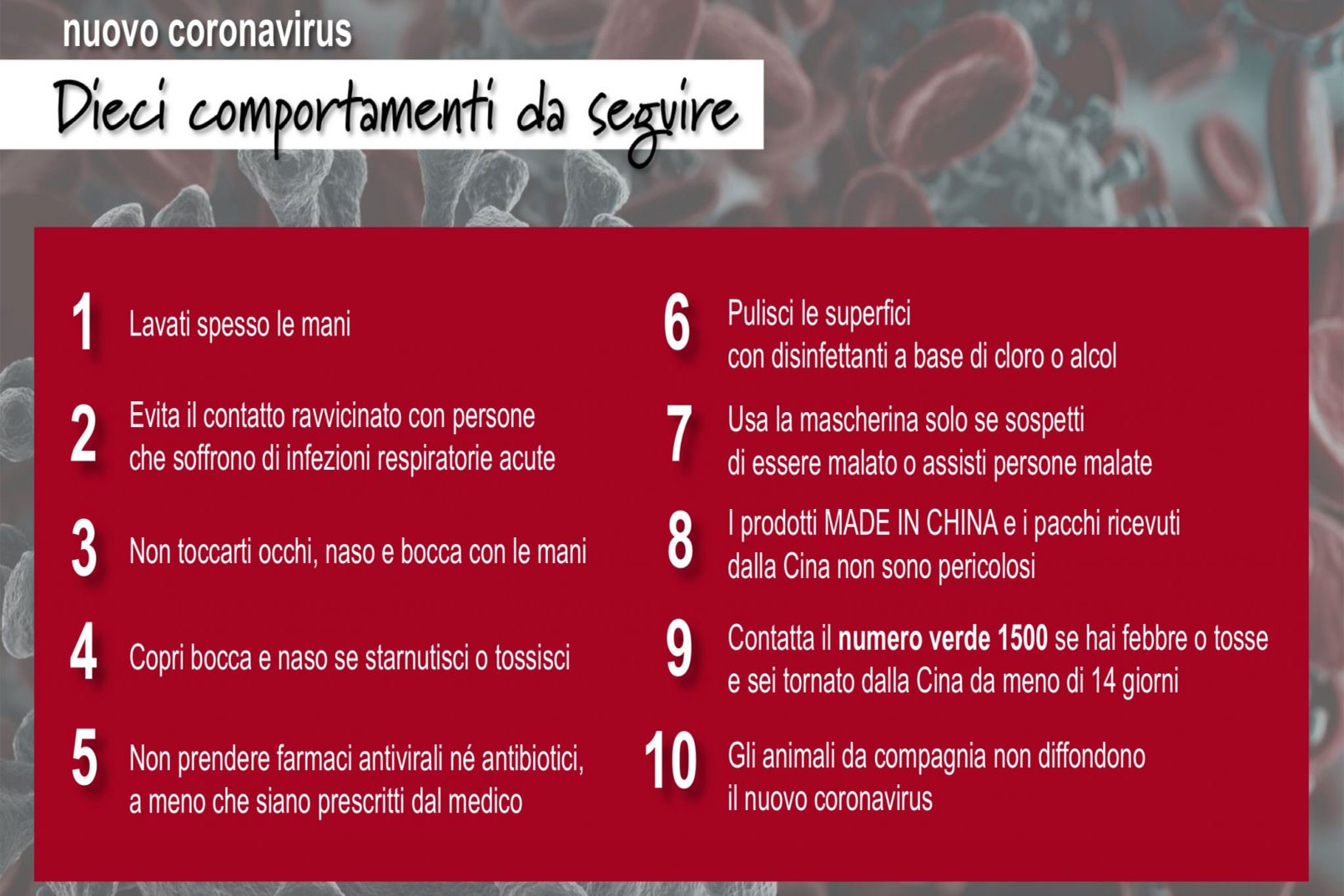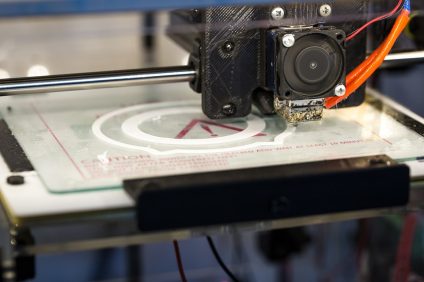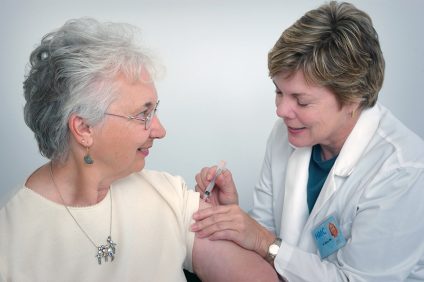Coronavirus, how to manage it without generating panic and scaremongering. The Spallanzani National Institute of Infectious Diseases, the Ministry of Health and the Higher Institute of Health have drawn up a vademecum. This is basic information and precautions to be followed to face the emergency situation that the whole Italy is experiencing.
The contagion
The infection was caused by the transmission of the virus from animal to man. It is no coincidence that the epicenter of the epidemic is a market in the Chinese city of Wuhan where live wild animals were also sold. In addition, the human-to-human transmission of the virus has also been demonstrated, even outside China. The new coronavirus (Sars-CoV-2) responsible for the lung infection epidemic in China was isolated on January 7th.
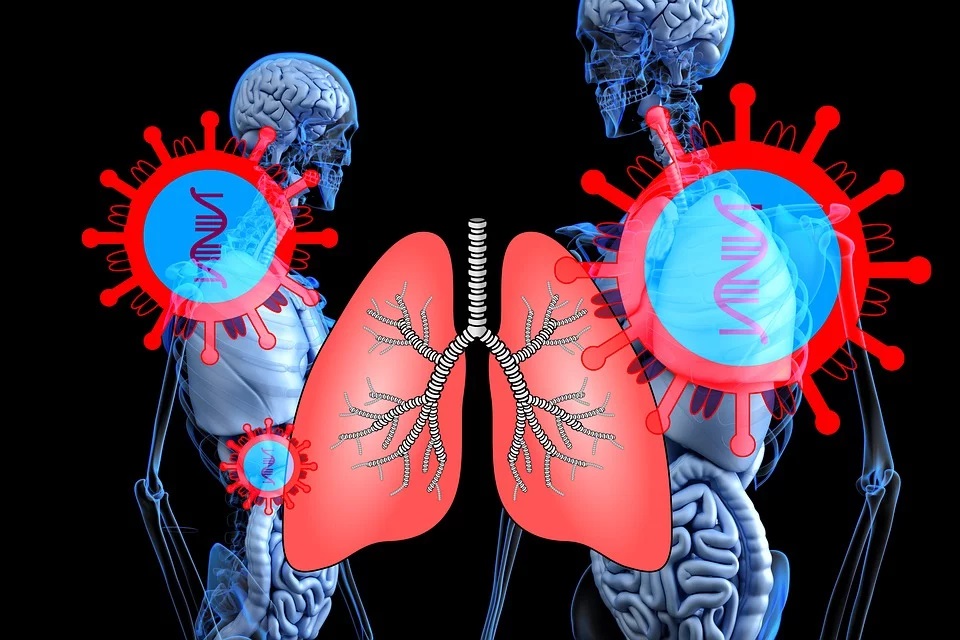
Its ‘action’ of contagion mainly occurs through close contact with an infected subject, but some measures can help prevent its transmission. Covid-19 is the name given to the disease caused by the new virus. This virus can cause mild, flu-like symptoms, but also serious illness. At the moment the overall mortality rate would be around 2.3%.
How to protect yourself and how to cope with the emergency
Covid-19 is transmitted through the droplets of the infected person’s breath, which can be transmitted by coughing or sneezing, or by direct personal contact. And again, touching your mouth, nose or eyes with contaminated hands. For this reason, it is important to avoid close contact with people who have a fever, cough or have other respiratory symptoms.
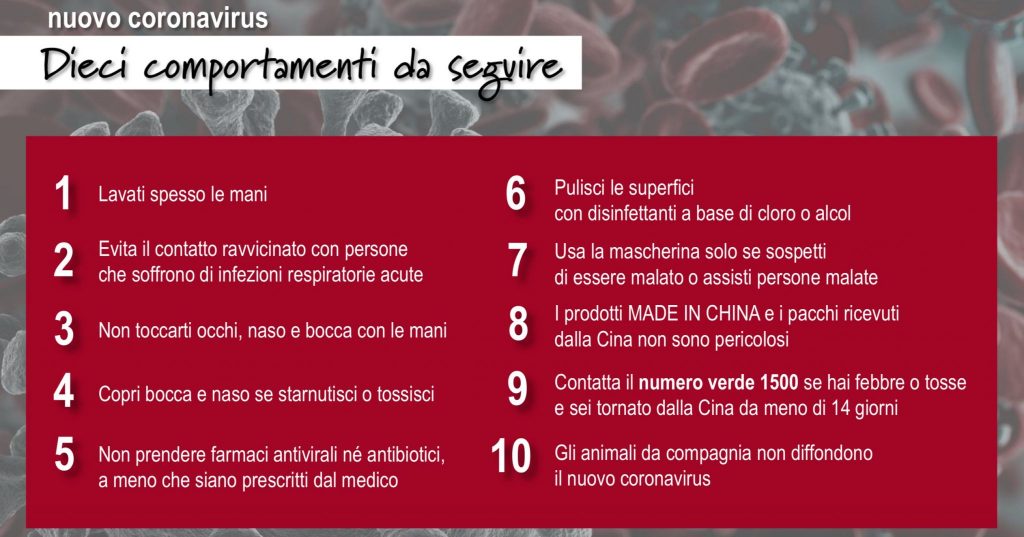
It is recommended to keep a safe distance from people who cough, sneeze or have a fever. Hands should be washed frequently with soap or an alcoholic sanitizer. You should cover your mouth and nose if you sneeze or cough and do not take antiviral drugs or antibiotics unless they are prescribed by your doctor.
Hygiene
It is also advisable to clean the surfaces with chlorine or alcohol based sanitizers and to use the mask only if you suspect you are sick or assist sick people. Products made in China and parcels received from China are not dangerous. The number 1500 of the Ministry of Health should be contacted if you have a fever or cough and have been back from China for less than 14 days. Pets do not spread the new Coronavirus.
What to do if you think you have contracted the virus
A person who have symptoms of cough or sore throat and also breathing difficulties may be a suspicion of this illness. Furthermore, to consider this person a suspected case he must have carried out at least one of these activities during the 14 days preceding the onset of symptoms: he must have had close contact with a confirmed or probable Covid-19 infected person.
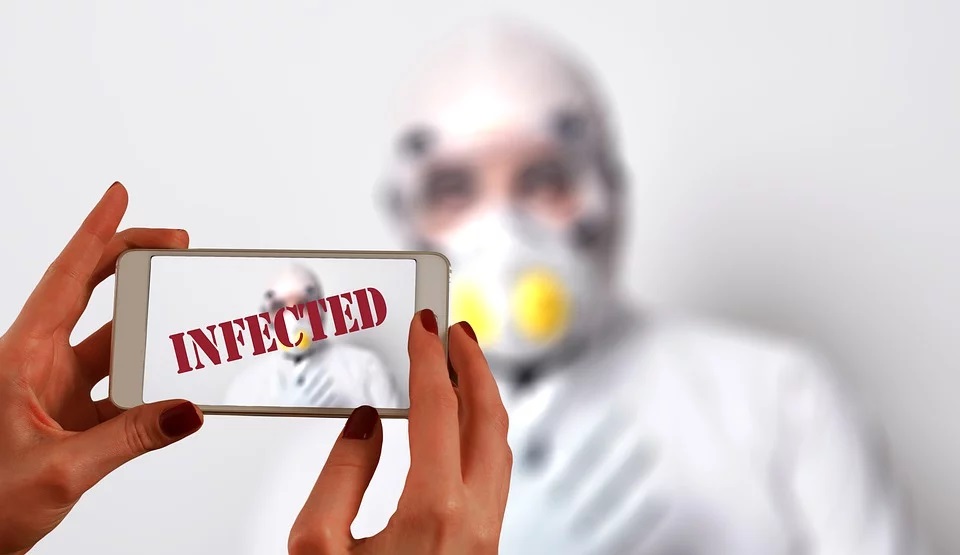
Or he must have traveled to areas where the virus is transmitted; he must have visited or worked in healthcare settings where patients with Covid-19 were treated. If a patient finds himself in this particular situation he must contact 1500, the free telephone number of the Ministry of Health. The person conceraned must wear a surgical mask if he comes into contact with other people. In addition, he must use disposable tissues and wash his hands regularly.
Symptoms and treatment
The symptoms of Coronavirus involve the respiratory system: fever, cough, cold, sore throat, lung distress. At the moment there are no specific therapies: the disease is treated with the same flu practice. In severe cases, patients are given mechanical breathing support. On the basis of the available data, the World Health Organization has suggested an experimental antiviral therapy, also used at Spallanzani hospital.
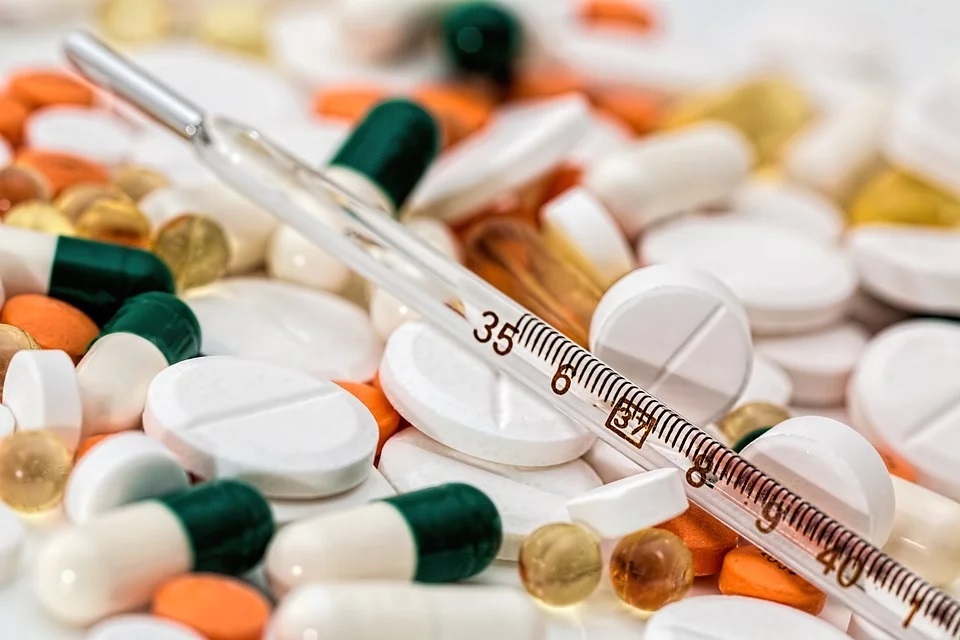
The therapy is based on two drugs: the first is lopinavir/ritonavir, an antiviral used for HIV infection and that has also proved antiviral activity on Coronaviruses. The other drug is remdesivir, an antiviral already used for Ebola virus disease. Currently there is still no vaccine against Covid-19.
Isolation: to cope with the emergency
In this emergency phase, the ordinance issued by the Minister of Health Roberto Speranza consists of a fiduciary home quarantine for those returning from a trip to China in the last 14 days. Furthermore, there is an obligation of “active surveillance” for those who have been in risk areas, that is, in the Asian country, with the obligation to report to the local health authorities they return to Italy.

